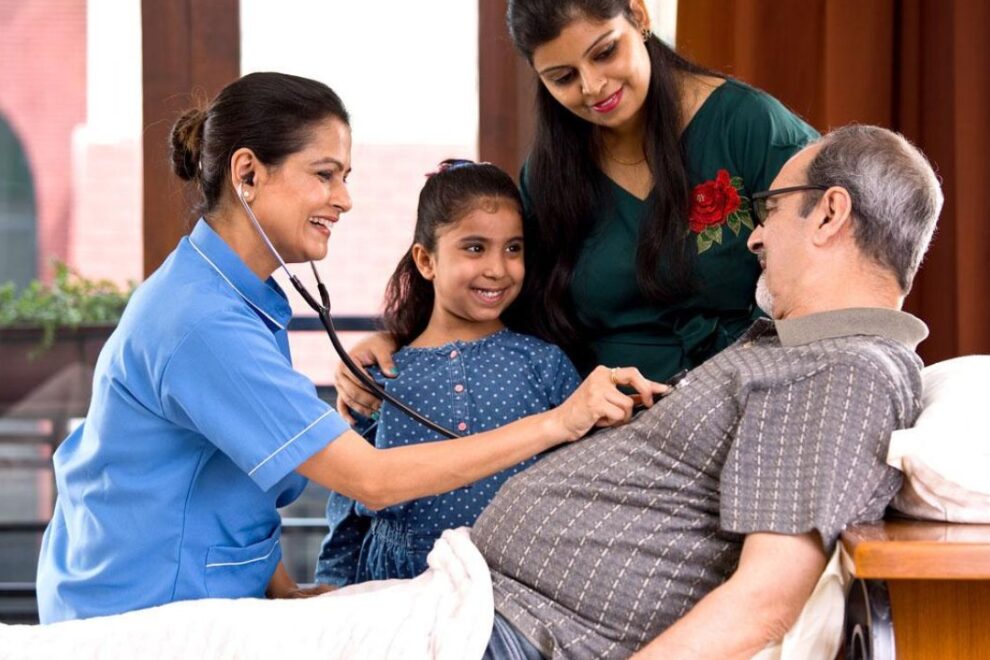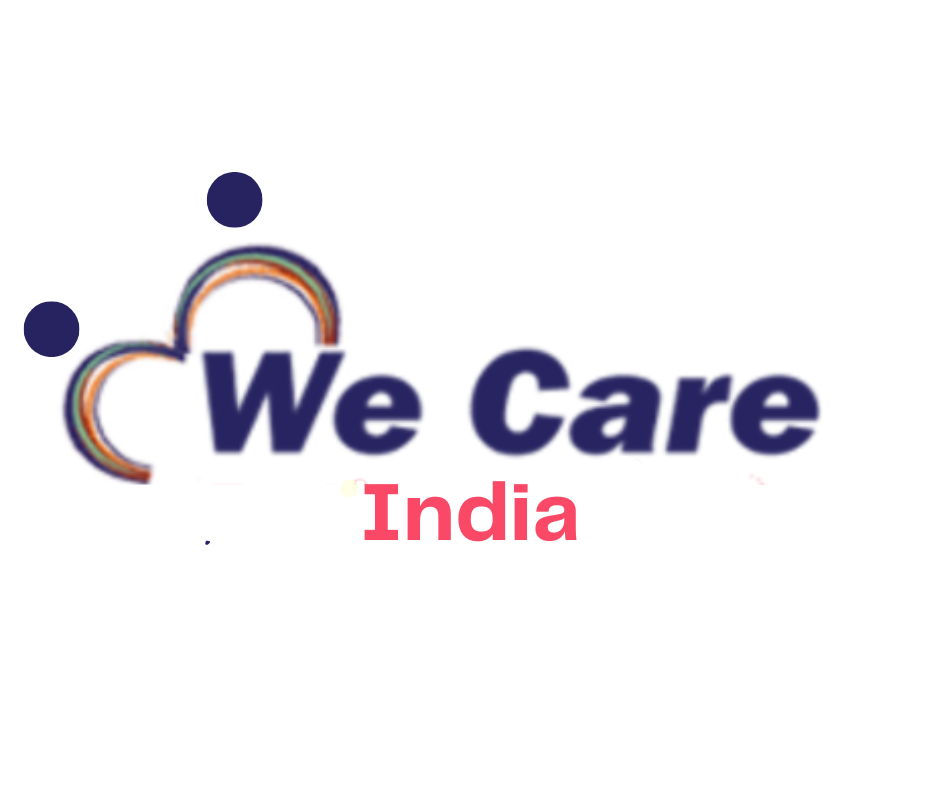Comprehensive End-stage Renal Disease Treatment And Cost in India: Advanced Care Solutions
End-stage kidney disease is the complete, or almost complete failure of the kidneys to function.


Free Doctor Opinion
END-STAGE RENAL DISEASE IN INDIA
End-stage kidney disease is the complete, or almost complete failure of the kidneys to function. The kidneys can no longer remove wastes, concentrate urine, and regulate many other important body functions.
Causes
End-stage kidney disease occurs when the kidneys are no longer able to function at a level needed for day-to-day life. It usually occurs when chronic kidney disease has worsened to the point at which kidney function is less than 10% of normal.
ESRD almost always follows chronic kidney disease. A person may have gradual worsening of kidney function for 10 – 20 years or more before progressing to ESRD.
Patients who have reached this stage need dialysis or a kidney transplant.
The most common causes of ESRD in the U.S. are diabetes and high blood pressure. See Chronic kidney disease for a complete list of causes.
Symptoms in India
Symptoms may include:
- General ill feeling and fatigue
- Generalized itching (pruritus) and dry skin
- Headaches
- Weight loss without trying
- Loss of appetite
- Nausea
Other symptoms may develop, including:
- Abnormally dark or light skin and changes in nails
- Bone pain
- Brain and nervous system symptoms
- Drowsiness and confusion
- Problems concentrating or thinking
- Numbness in the hands, feet, or other areas
- Muscle twitching or cramps
- Breath odor
- Easy bruising, nosebleeds, or blood in the stool
- Excessive thirst
- Frequent hiccups
- Low level of sexual interest and impotence
- Menstrual periods stop (amenorrhea)
- Sleep problems, such as insomnia, restless leg syndrome, or obstructive sleep apnea
- Swelling of the feet and hands (edema)
- Vomiting, especially in the morning
Exams and Tests in India
The urine volume may decrease or urine production may stop. The patient will usually have signs of the many complications of chronic kidney disease.
End-stage kidney disease changes the results of many tests. Patients receiving dialysis will need these and other tests done often:
- Potassium
- Sodium
- Albumin
- Phosphorous
- Calcium
- Cholesterol
- Magnesium
- Complete blood count (CBC)
- Electrolytes
This disease may also change the results of the following tests:
- Erythropoietin
- PTH
- Bone density test
Treatment in India
Dialysis or kidney transplantation is the only treatment for ESRD. Your physical condition and other factors determine which treatment is used.
When you start dialysis depends on different factors, including your lab test results, severity of symptoms, and readiness. You should begin to prepare for dialysis before it is absolutely necessary. The preparation includes learning about dialysis and the types of dialysis therapies, and placement of a dialysis access.
Treatment usually includes an ACE inhibitor, angiotensin receptor blocker, or other medications for high blood pressure.
You may need to make changes in your diet :
- Eat a low-protein diet
- Limit fluids
- Limit salt, potassium, phosphorous, and other electrolytes
- Get enough calories if you are losing weight
See Diet and chronic kidney disease for more detail.
Other treatments may include:
- Treatment for anemia, such as extra iron in the diet, iron pills, special shots of a medicine called erythropoietin, and blood transfusions.
- Special medicines called phosphate binders, to help prevent phosphorous levels from becoming too high
- Extra calcium and vitamin D (always talk to your doctor before taking)
Different treatments are available for problems with sleep or restless leg syndrome.
Patients with chronic kidney disease should be up-to-date on important vaccinations, including:
- Pneumococcal polysaccharide vaccine (PPV)
- Influenza vaccine
- H1N1 (swine flu) vaccine
- Hepatitis B vaccine
- Hepatitis A vaccine
Read Also :-
- Drug-Eluting Coronary Stenting: Advanced Treatment for Coronary Artery Disease
- Chin and Cheek Augmentation in India: Enhance Your Facial Profile
- CSF Shunt Procedures in India: Effective Treatment for Hydrocephalus
- Embryo Donation Treatment in India: Affordable Fertility Solution for Parenthood
- Carotid Endarterectomy in India: Advanced Stroke Prevention Surgery
- Electrolyte Disorders Treatment in India: Expert Care for Balanced Health
Committed To Build Positive, Safe, Patient Focused Care.
High Quality
Care
Home Review
Medicine
All Advanced
Equipment
Book An Appointment

At We Care India, we offer complete medical services for your entire family, from routine check-ups to injury care, ensuring personalized attention and expert assistance for all your health needs.


